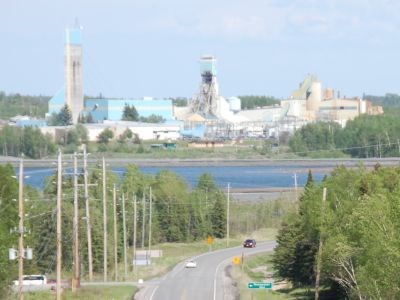Ontario's mineral development community needs to find ways to be more inclusive in respecting and involving First Nations and Indigenous businesses in mine development.
The Anishnawbe Business Professional Association (ABPA) commented on the recently released Mining Readiness Strategy from the Thunder Bay Community Economic Development Commission.
In a Feb. 12 news release, ABPA president Jason Rasevych welcomed the report but wanted to raise awareness of the rights of First Nations on the lands being explored and mined, and their aspirations to be involved in this economy.
His association places an emphasis on increasing First Nations’ participation and consent through all stages of the mining cycle, from the start of exploration to carrying out the mine closure plans to ensure they are in alignment with the communities' long-term plans.
Want to read more stories about business in the North? Subscribe to our newsletter.
"Industry, governments, and First Nations must collaborate to create a system that incubates Indigenous participation in the mining supply chain to empower and support First Nation owned businesses," said Rasevych in a news release.
"Too often, First Nation’s socio-economic interests are an afterthought, resulting in delays in mine permitting, regulatory processes and ultimately the social licence of Indigenous peoples."
The next generation of mines are all on the traditional lands of many First Nations in northwestern Ontario, he mentioned, and that requires " free, prior, informed consent" before development proceeds, according to treaties and the constitutionally protected rights of Indigenous people.
Rasevych stressed First Nations require direct economic benefits in mining. Many seek a greater role in ownership of mines, power generation, and transmission projects that not only power the mines but would "close the loop on legacy issues" in the communities.
He suggested there be "set asides" and" preferred contracting" on mine or mine-related infrastructure projects for area First Nations where mines are on their traditional lands.
"The ABPA looks forward to continuing our work to close gaps across the mining procurement and supply chains so that First Nation businesses can receive the same level of support and opportunities as non-First Nation businesses," said Rasevych.
The Anishnawbe Business Professional Association is an advocacy non-profit organization serving the First Nation business community within the Treaty #3, Treaty#5, Treaty #9 and Robinson Huron and Superior Treaty Areas.




